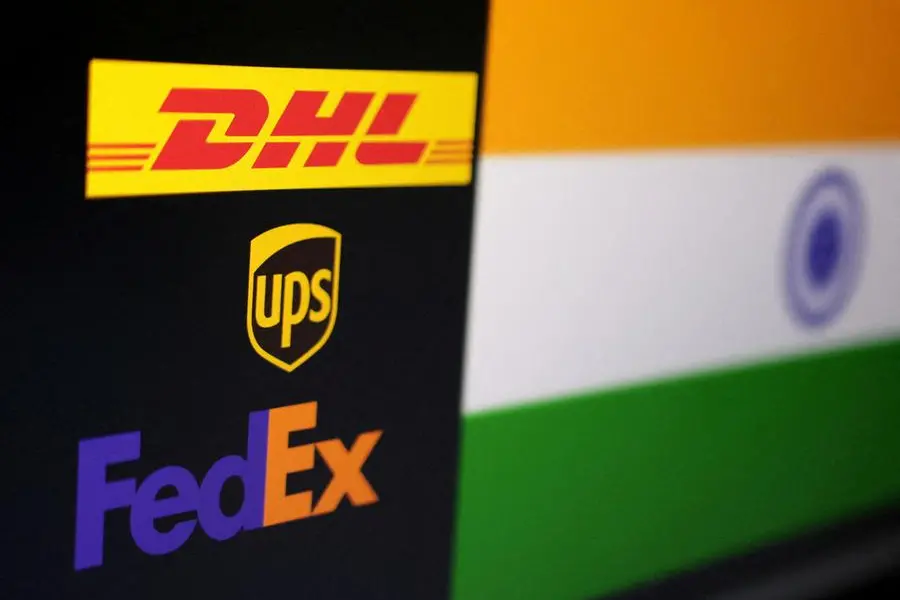PHOTO
An Indian antitrust investigation has concluded there was no price collusion between the domestic units of delivery companies DHL, United Parcel Service and FedEx, according to three sources and a document seen by Reuters.
The Competition Commission of India (CCI) ordered an investigation in 2022 into more than a dozen delivery companies for alleged collusion on discounts and tariffs and had reviewed thousands of emails to investigate the fees companies charged for airport services, Reuters reported in January.
The case was filed by the Federation of Indian Publishers, which complained that global companies, along with many domestic firms, were deciding charges together and controlling customer discounts, but no details of the case have been made public in line with the watchdog's rules.
Reuters was first to report the probe's findings on Friday.
The CCI's findings said the companies did not share "commercially sensitive information amongst themselves," according to the report seen by Reuters.
"On investigation no evidence came to the forefront," the report noted.
"The allegations levelled by the informant could not be substantiated," it added.
The investigation was completed in July and a report shared with all parties in late October, according to one of the sources with direct knowledge.
DHL, UPS and FedEx did not respond to a request for comment. The CCI also did not respond.
The findings will come as a relief to the logistics industry, which has faced scrutiny from 2015, when France levied a $735 million fine on 20 companies, including FedEx and DHL, for secretly colluding to increase prices.
The report is due to be reviewed by top CCI officials, which can then issue a final order clearing the companies if they agree with the findings.
The complainant, the Federation of Indian Publishers, which also did not respond to a request for comment, can challenge the findings before senior officials.
The group had alleged that some companies set a fuel surcharge of 17% to 22%, citing rising prices, but did not cut them when those prices eased during travel curbs during the COVID-19 pandemic.
The CCI report concluded that the companies during the pandemic faced an increase in operational costs due to factors "well beyond their control" and levied a "COVID/Emergency/Peak Surcharge", but "this was not done in a concerted manner" and did not violate antitrust laws, the report said.
(Reporting by Aditya Kalra; Additional reporting by Munsif Vengattil, Editing by Louise Heavens)





















